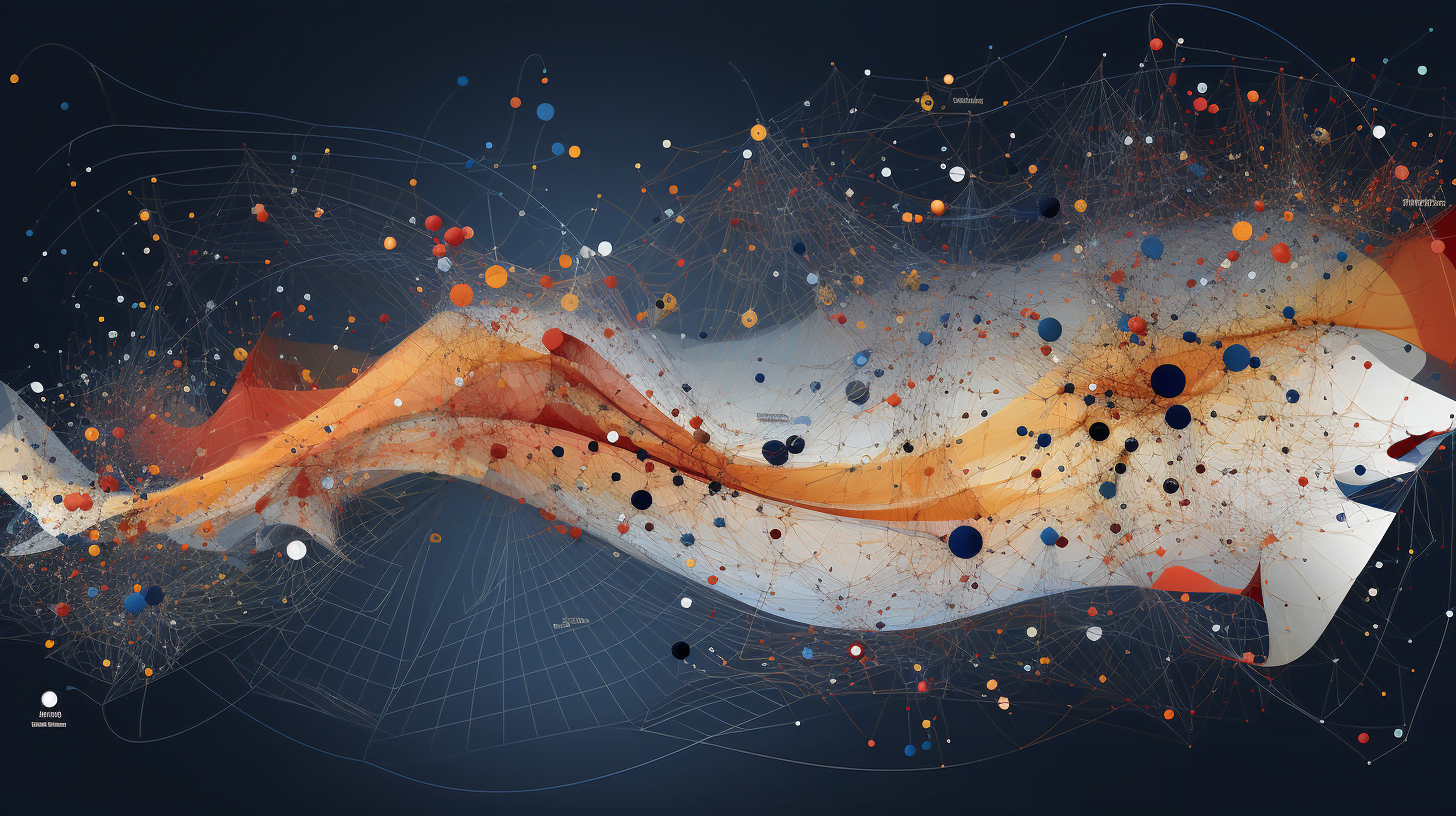Researchers explored how human research patterns could be incorporated into AI models to better predict future scientific discoveries.
AI models trained on published scientific findings are already being used to find new materials or targeted therapies. In a new paper, a team of researchers from the University of Chicago and the Santa Fe Institute takes this a step further by integrating the distribution of human expertise into AI models to accelerate science.
These "human-aware" AI models simulate how human experts make inferences based on their knowledge and collaborative networks. As a result, the models can predict discoveries that build directly on existing knowledge. But the models can also deliberately bypass the set of human scientists to generate valuable " alien " hypotheses that would be unlikely to be discovered without intervention.
"Human-aware AI" predicts discoveries
The researchers show that, in extreme cases, their human-aware AI models outperform methods that analyze only scientific content by up to 400 percent. For example, for problems in materials science, their approach doubled prediction accuracy compared to older approaches. In the search for new drug applications, accuracy improved by more than 40 percent. The AI models were successful because they tapped into the collective attention patterns of human scientists, the team said.
For training, the team constructed research hypergraphs from publication metadata, showing connections between materials, properties, and participating authors. The team then identified cognitively accessible inferences by generating random walk sequences over these hypergraphs, meaning inferences that human experts could make based on their knowledge and collaboration.
The distribution of experts around the research topics provided a strong signal of the likelihood of future discoveries in the field. Such discoveries, according to the team, come from making new connections, that is when researchers discover links between otherwise unrelated concepts.
AI can generate "plausible hypotheses" years before humans think of them
This is where the team's second approach comes in: Their AI models can also look beyond the discoveries that are initially accessible to human experts. By deliberately avoiding crowded areas of research, the models could generate plausible hypotheses that build bridges to more distant areas of research - enabling new concepts and discoveries.
"These findings offer support for the influence of the human experience and social connection inscribed by our research hypergraph in driving scientific advance. This suggests that the search underlying materials and medical advance is dominated by local exploitation of the familiar over novel exploration of the unknown," the team said. "Moreover, by tuning our algorithm to avoid the crowd, we generate promising hypotheses unlikely to be imagined, pursued or published without machine recommendation for years into the future. By identifying and correcting for collective patterns of human attention, formed by field boundaries and institutionalized education, these models complement the contemporary scientific community."
According to the paper, human-aware AI thus offers us the potential "to move toward and beyond the contemporary scientific frontier."






